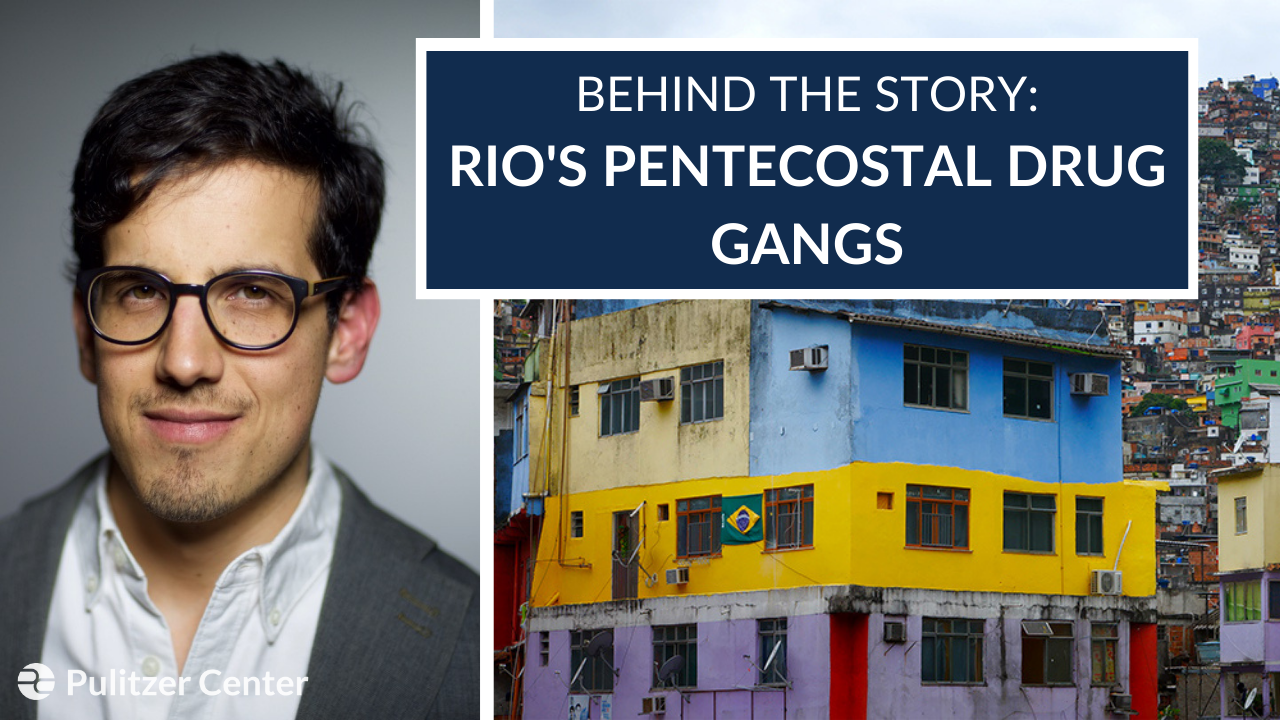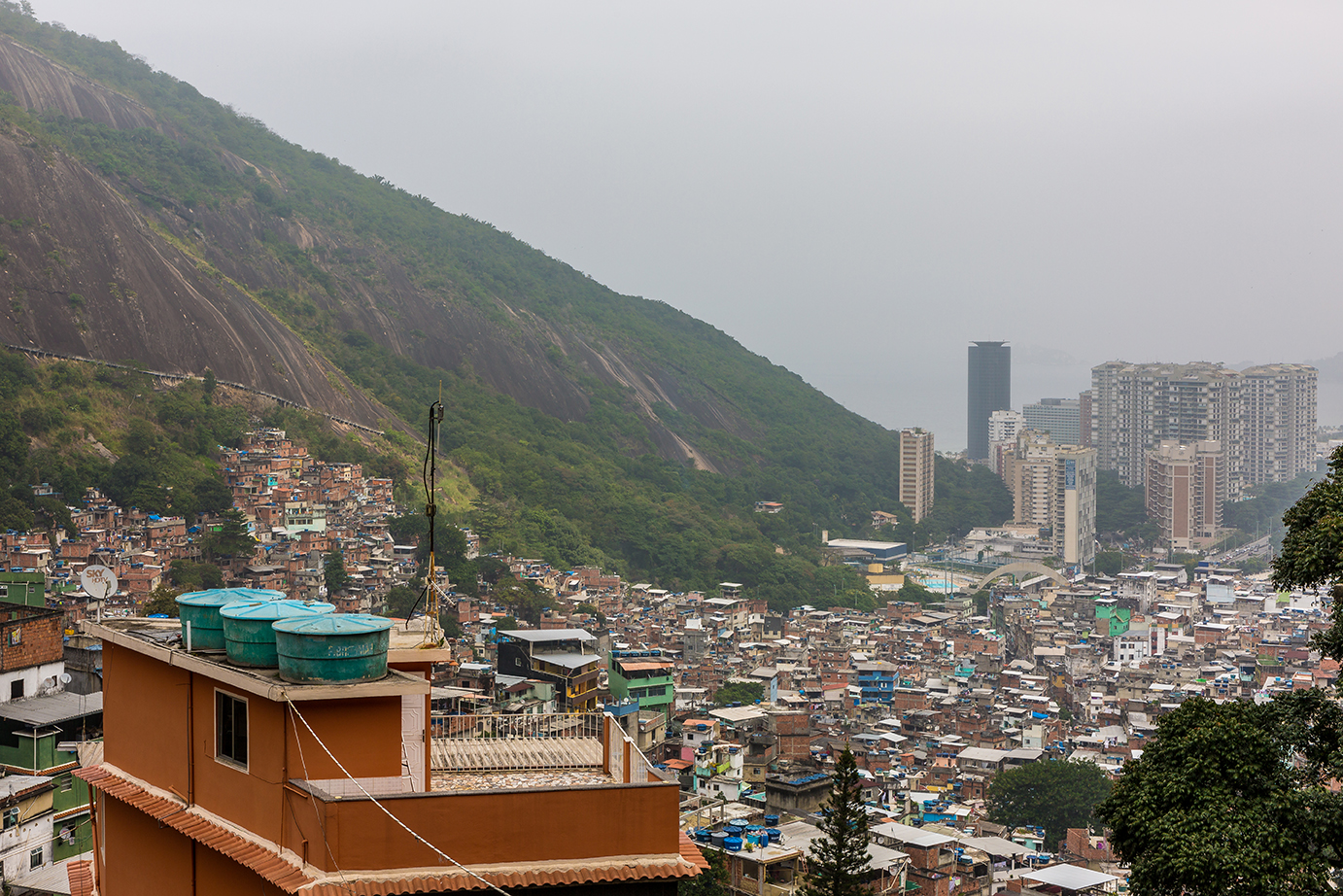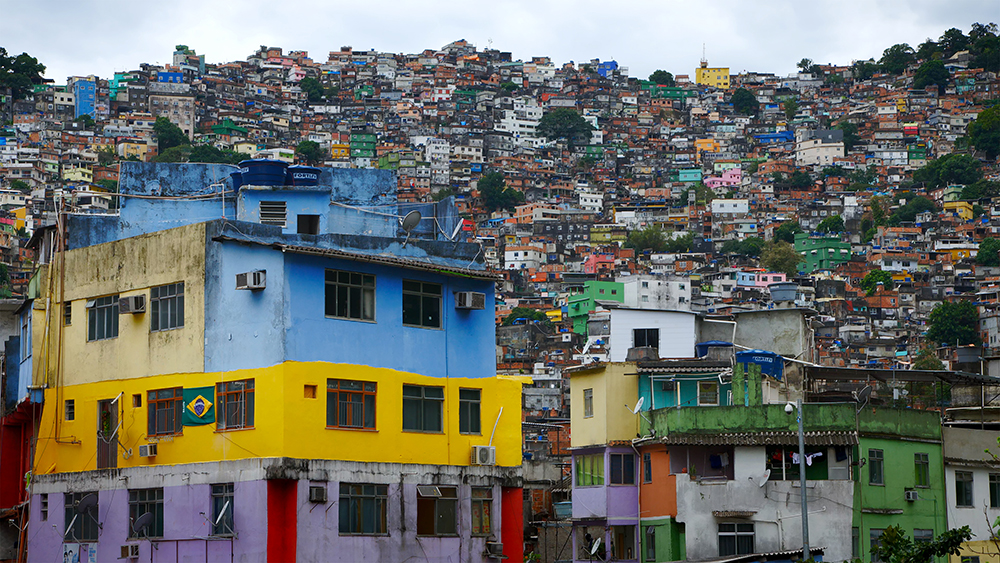
Just a generation ago, born-again Christians were uncommon in Brazil. Now, nearly a third of the population—some 60 million people—identifies as evangelical. This shift has transformed the country's power structures, reaching from the ultra-conservative president, Jair Bolsonaro—a Catholic who was re-baptized by a Pentecostal pastor—to Rio de Janeiro's poorest neighborhoods, where drug gangs often stand in for an absentee state.
Following a pastor who used to be in one of Rio's most powerful gangs, this project seeks to reconcile two competing narratives of the evangelical church's role in the favelas. For the country's poor, all but neglected by the state, churches serve not only as a source of spiritual salvation but as a haven of last resort—a place to find community, job tips, and counseling, or simply to gather and sing without fear of violence. Yet stories of crooked pastors abound in the new Brazil; in recent years, several have been caught transporting weapons for the drug trade. While many gang members find in Jesus the courage to quit this life, others seem to have internalized a skewed set of biblical lessons, even committing acts of violence in Jesus' name.
The pastor at the center of this story claims to be waging a "war" for gang members' souls. He seems sincere in his mission, yet he is anything but antagonistic to Rio's drug bosses, whom he still greets with a smile on the streets where he grew up. Is he doomed to be misunderstood by such people—or, worse, co-opted? This dilemma hints at another war being fought in the favelas: one for the soul of the church itself.






